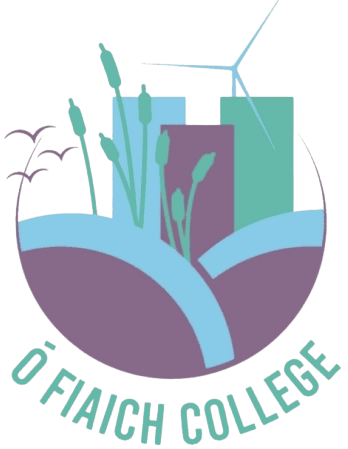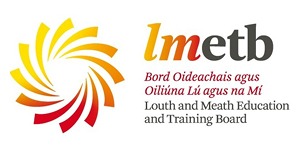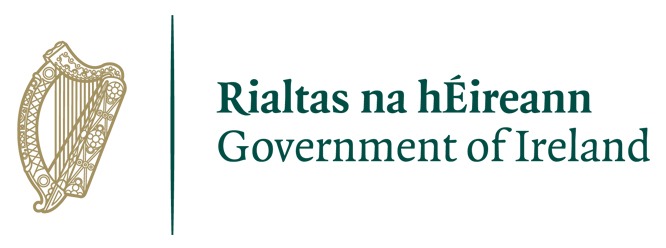Geography
- Home
- /
- Geography
What is Geography?
Geography is the study of people and their relationship with their environment.
It is concerned with helping students to develop an understanding how the world works. This very broad subject covers the physical, social, political, and economic processes that shape our planet. Geography helps us make sense of the world and provide a global perspective on how human beings interact with each other and their environment.
Geography is a very topical and relevant subject. The benefits of studying Geography include the development of critical thinking skills, organisational skills, research skills, presentation, communication, ICT skills, literacy and numeracy.
What kind of student would X suit?
What will I Study?
- Plate Tectonics, Earthquakes, Volcanoes, Fold Mountains, Rocks, Energy and the Environment, Primary Economic Activities, Weathering and Erosion.
- Population, Migration, Economic Inequality, Rivers, Coasts, Weather and Atmosphere, and OS Maps.
- Settlement, Urbanisation, Secondary Economic Activities, Tertiary Economic Activities, Climate Change, and Soil.
How is it assessed?
Classroom Based Assessment 1: Geography in the news
- Structured inquiry through a response to a recent geographical event
- At the end of a three-week period students will report on their inquiry.
- Reports may be presented in a wide range of formats
- Completed in the second term of second year
Classroom Based Assessment 2: My geography
- Structured inquiry into a geographical aspect(s) in a local area
- Students will, over a three week period, investigate an aspect of geography in a local area
- Completed in the first term of third year
Senior Cycle
Possible Careers
- Community development
- Local government planning
- Media – Journalism/TV/Radio
- Urban planning
- Home
- /
- Geography
What is it?
Who is it for?
Anyone interested in the world of business or thinking of setting up their own business in the future will enjoy studying this subject. It will appeal to logical thinkers who enjoy working with numbers or who are organised, methodical individuals who like “right or wrong” answers.
Junior Cycle Business Studies is not a requirement to study Accounting but will be an advantage.
What will I learn?
- How to record and interpret the financial information of organisations of all sizes, including small businesses, large companies, clubs and farms.
- To identify problems in a business by looking at their historical accounts.
- To plan for future business success and aid management decision-making.
Where will it lead me?
- Many accountants and managers begin their careers by studying Leaving Certificate Accounting. Students who study Accounting have a distinct advantage over those who have not during the first year of Business courses that require students to take Accounting modules. Leaving Certificate Accounting also provides an invaluable body of knowledge for aspiring entrepreneurs.
Possible future careers are wide ranging and include:
- Accountant
- Business Owner
- Manager
- Law
- Stock Broker
- Financial Trader
- Administration
- Human Resources/Payroll
- Marketing
- Auditor
- Insurance
- Actuary
- Auctioneer
- Business Consultant
Assessment: Accounting can be studied at Ordinary or Higher Level and is studied over two academic years. It is assessed in June of the second year in a final three-hour long exam.
Projects : Students engage in Enterprise Week where they promote being enterprising to the O Fiaich community.





